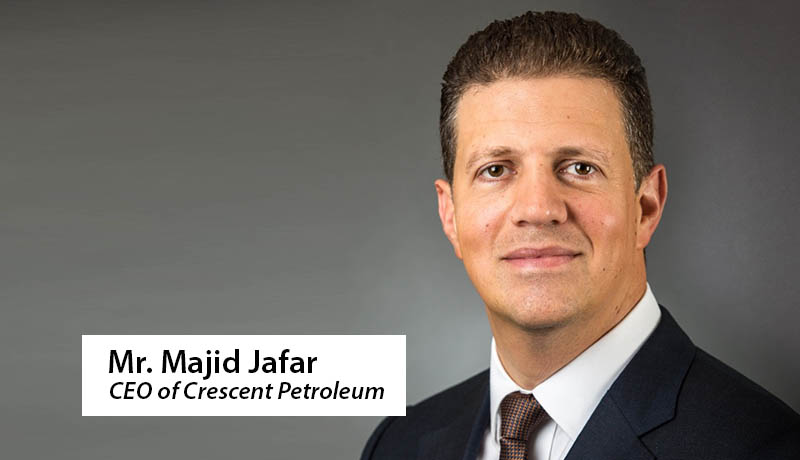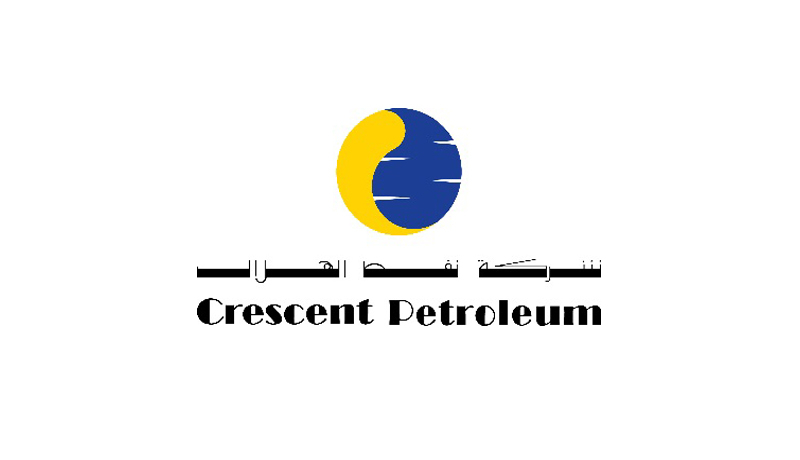
The U.S. International Development Finance Corporation (“DFC”) has signed a $250 million pact to support a gas expansion project in the Kurdistan Region of Iraq (KRI) with Pearl Petroleum Company Limited, a consortium led by Dana Gas and Crescent Petroleum of the United Arab Emirates.
The DFC is the U.S. government’s development finance arm, and earnings from the 7-year loan will assist a 50 percent expansion in gas production capacity to 690 million standard cubic feet (scf)/day to fulfill expanding demand for clean natural gas in the KRI for electricity generation and industry. The project’s overall cost is $630 million, with the remaining funds coming from a regional bank facility and the EPC contractor.
The KM-250 project is the first phase of a two-train expansion project at Khor Mor, with the goal of increasing overall production capacity to around 1 billion scf/day. After the onsite building was delayed last year because of the COVID outbreak, work began in April 2021 and is expected to be completed by April 2023.
Pearl Petroleum has invested about US$2.1 billion in Khor Mor to date, with total cumulative production of over 341 million barrels of oil equivalent (boe) in natural gas and liquids. The Kurdistan Region and Iraq as a whole have benefited from the consistent supply of gas to power plants in Erbil, Chemchemal, and Bazian, resulting in significant fuel cost savings and economic gains.
By displacing diesel fuel in power generation in the KRI, the gas produced to date has saved 42 million tonnes of CO2, making a significant contribution to reducing greenhouse gas emissions and local air pollution in the region, as well as supporting the transition to better energy sources to combat global climate change.
Between 2018 and 2021, the Khor Mor Gas Plant saw a 45 percent rise in production due to facility optimization, bringing total production to 106,000 barrels of oil equivalent per day (boepd). The project has grown to become Iraq’s largest regional private sector upstream gas activity.
Mr. Majid Jafar, CEO of Crescent Petroleum and Board Managing Director of Dana Gas, commented: “This financing agreement with DFC underscores the importance of developing the natural gas resources in the KRI to support regional economic development and growth. Despite the global challenges presented by the COVID pandemic, we have continued to maintain our record of uninterrupted operations and even managed to grow production. The DFC agreement is a testament to our successful track record and further highlights the potential of these resources and the bright future for the KRI.”
Dr. Patrick Allman-Ward, CEO of Dana Gas, added: “With our partners in Pearl Petroleum we are proud to be further developing the gas sector of the Kurdistan Region of Iraq, delivering expanded supply of cleaner energy, and supporting local economic development. This agreement underscores our continued confidence in the region and its long-term prospects.”

Mr. Dev Jagadesan, Acting CEO of DFC, said: “DFC’s investment in the Khor Mor expansion will substantially increase access to energy for people all across the Kurdistan Region of Iraq. This highly developmental project represents the United States’ continuing investment in the KRI.”
The KRG granted Dana Gas and Crescent Petroleum exclusive rights to appraise, develop, produce, market, and sell petroleum from the Khor Mor and Chemchemal fields in the KRI in April 2007. Production began 15 months later, in October 2008, at a newly built plant in Khor Mor, setting a new industry record. Pearl Petroleum was founded in 2009 as a consortium, with Dana Gas and Crescent Petroleum as the largest shareholders, with OMV, MOL, and RWE later joining the consortium with a 10% share each.
Over 500 people work full-time at the enterprise, with over 85% of them being locals, including many in key management roles. In addition to a pledge to donate 100,000 vaccines to be administered in those local communities, the companies have implemented a corporate social responsibility programme to support local communities with equipment and supplies to deal with the COVID pandemic, such as ventilators, sanitizers, and protection equipment. This is on top of ongoing assistance with local education, health, and power, as well as humanitarian aid for people displaced by conflict and orphans. These programmes help local communities improve their level of life, health, well-being, security and stability, and human capital development.